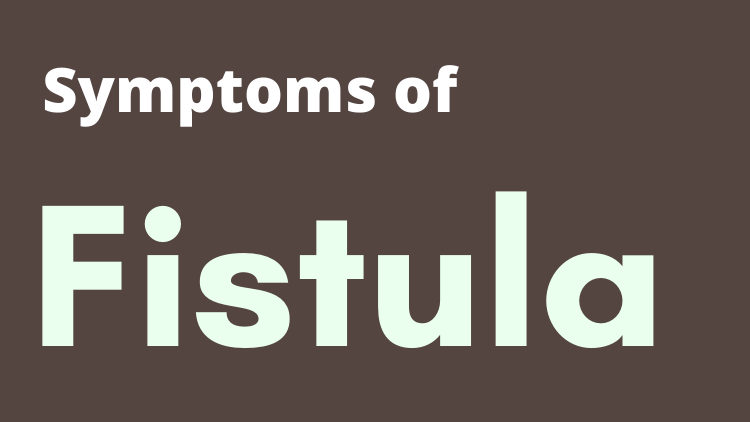If you have been diagnosed with an anal fistula, you must have been experiencing considerable pain, discomfort, blood discharge and pus discharge. It is natural to be concerned about your condition. However, making informed decisions are the best ways to overcome your anxiety and fear. You must have realistic expectations about the treatment outcomes of the problem.
This article will help to provide all the information you’ll need about fistula.
An anal fistula is an abnormal connection between two organs or vessels that normally do not connect. In most cases, anal fistulas develop after an abscess in an otherwise healthy patient.
An anal fistula represents the chronic stage of an anorectal abscess in the area around the genitals and the anus. When a portion of the abscess cavity and drainage tract persists, an anal fistula is created.
This abnormal passageway starts at the primary (internal) opening in the anorectum and continues to the secondary (external) opening in perianal skin.T
Think of an anal fistula as a small tunnel that connects a previously infected anal gland to the skin on the buttocks on the outside of the anus.
Anal fistulas may also be associated with other diseases like Crohn’s disease, trauma, infections, malignant disease, HIV infection etc.













